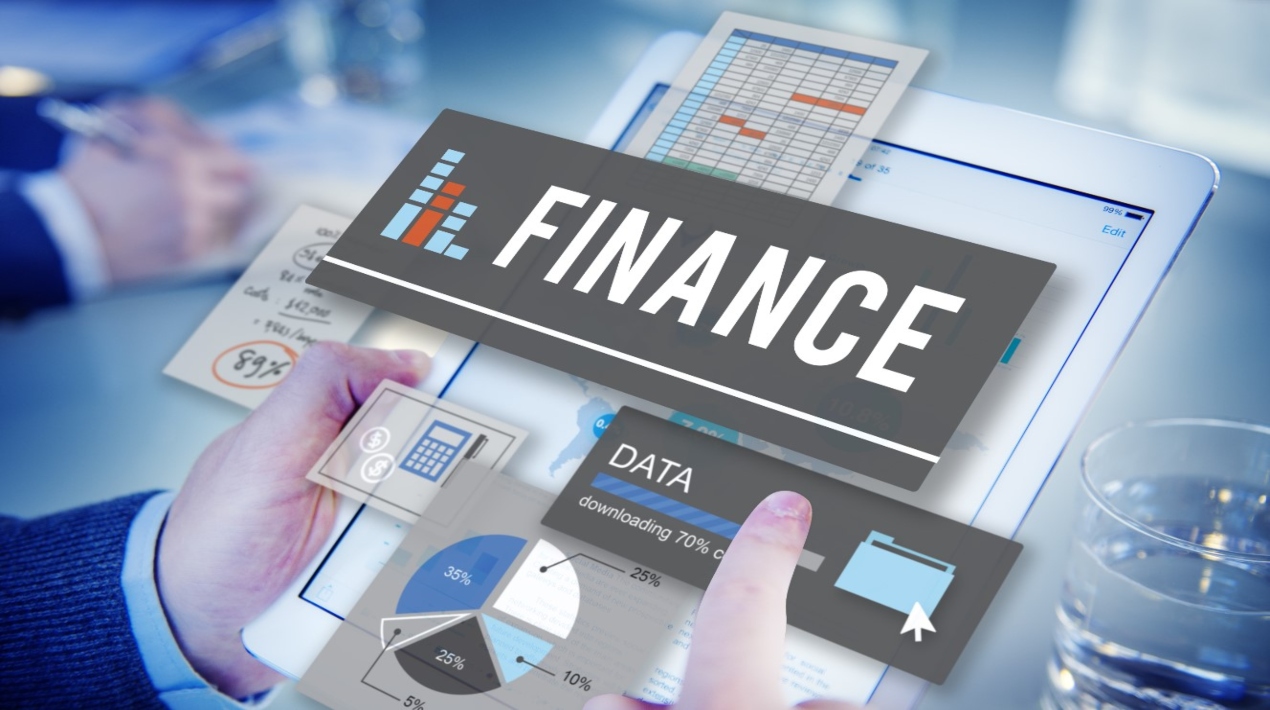
The Philippines’ Department of Budget and Management (DBM) will continue its focus on budget reform and the advancement of the nation’s public finance management’s digitalisation – part of this is the procurement service that is being assessed and streamlined and expected to protect the integrity of the procurement development by ensuring sufficient oversight and tougher controls.
“We’ve made headway with our Budget and Treasury Management System (BTMS), but there is so much more we can do to further strengthen our integrated financial management information system or the IFMIS,” says Amenah Pangandaman, DBM Secretary.
She continued by saying that the DBM would implement and institutionalise these techniques across the whole system of government to increase productivity, increase transparency, and stop fraud.
Most of the allocation was provided to the social services sector in which funding for health-related programmes such as the operation of the Universal Health Care Act, obtaining of the COVID-19 vaccine, and requirement of personal protective equipment, among many others, will be prioritised.
To ensure educational continuity during this crisis, the execution of the Universal Access to Quality Tertiary Education and the Basic Education Learning Continuity Plan programmes will be given top priority.
The government’s sustained commitment to investing in public infrastructure to encourage economic growth is indicated by the fact that the economic services sector continues to be a budget priority. To support the efforts of the various departments for the new normal, funding support will be given for information and communications technology expenditures to upgrade the nation’s broadband and wi-fi infrastructures as well as establish e-platforms and online systems.
The proposed FY 2021 budget will also give high priority to government initiatives that help increase the productivity of the agriculture and fishing industries, hasten the recovery of micro small medium enterprises, and boost local industries’ e-competitiveness to aid communities in coping and thriving in these trying times. Programmes that support the digitalisation of the government and economy, as well as the upskilling, retraining, and retooling of people, will also be given priority.
U.N Acknowledges Philippine Initiatives on Digital Transformation
In its most recent two studies titled “Industry 4.0 for Inclusive Development” and “Science, Technology, and Innovation for Sustainable Urban Development in a Post-Pandemic World,” the United Nations Conference on Trade and Development (UNCTAD) recognised the Philippines’ efforts in science, technology, and innovation (STI).
The study mentioned that the Philippine government implements a “small enterprise technology upgrading programme to encourage and assist SMEs to adopt technological innovations to improve operations and boost productivity and competitiveness,” referring to the DOST’s Small Enterprise Technology Upgrading Programme (SETUP).
According to the study, science, technology, and innovative solutions can help to address the most pressing urban sustainability issues, particularly those related to energy, circularity, water, mobility, economic prosperity and financial stability, and housing. The DOST’s submission to the CSTD secretariat reflects the country’s use of STI to address such societal issues.
UNCTAD incorporated the Department’s contribution that the government of the Philippines has developed the Local Traffic Simulator (LOCALSIM), a microscopic traffic simulation software designed to be used by road and traffic engineers as a decision support system for traffic management.
The DOST also included one of the country’s circularity challenges, specifically unsustainable urban production and consumption patterns, in its contributions. According to the UNCTAD publication, the COVID-19 pandemic has resulted in an increase in mixed waste, a suspension of recycling activities, and a lack of proper waste collector gear, including personal protective equipment.
The DOST’s membership in the Commission on Science and Technology for Development (CSTD) of the United Nations is until 2024. DOST aims to fulfil its commitments as a member of the Commission by continuously participating actively in the initiatives of CSTD and UNCTAD.
















